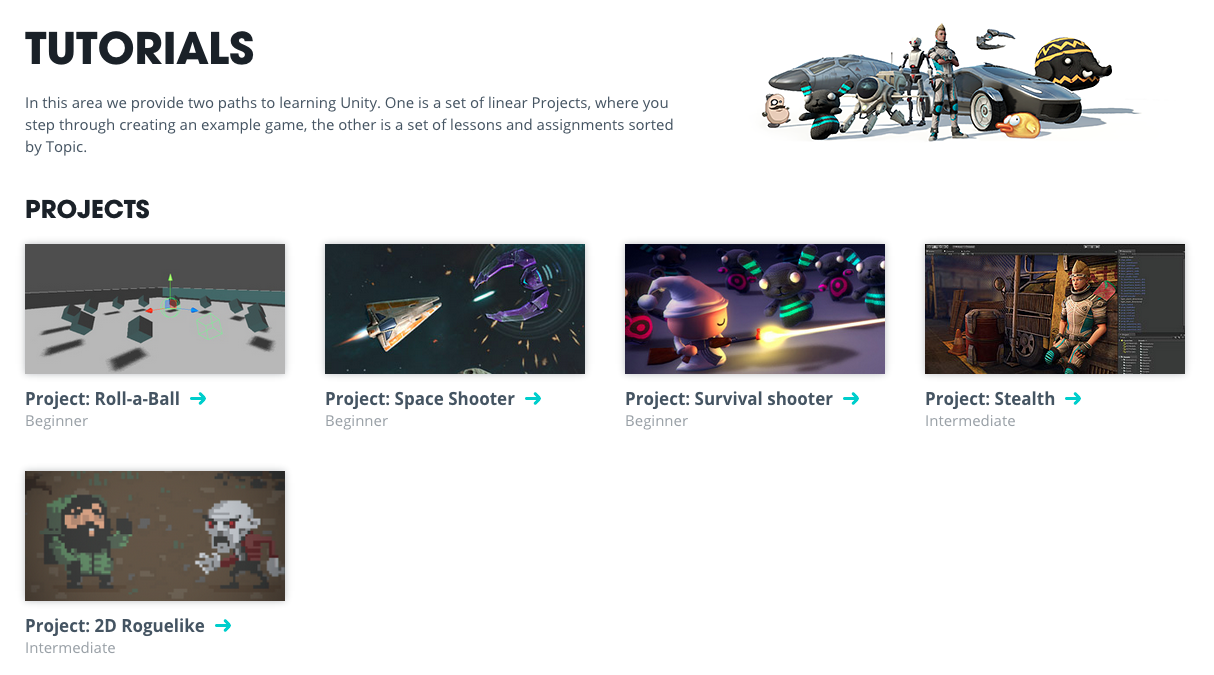Representation and Diversity in Games
The bestsellers of 2014
Super Smash Bros.




White
- Mario
- Samus Aran
- Pit
- Villager
- Mega Man
- Wii Fit Trainer
- Pikmin
- Luigi
- Peach
- Toon Link
- Marth
- Rosalina
- Zelda
- Little Mac
- Zero Suit Samus
- Sheik
- Ike
- Mii Fighters
- Palutena
- Captain Falcon
- Robin
- Shulk
- Ness
- Wario
- Lucina
- Dark Pit
- Dr. Mario
POC
- Ganondorf?
N/A
- Olimar
- Luma
- Donkey Kong
- Kirby
- Fox
- Pikachu
- Bowser
- Sonic
- King Dedede
- Lucario
- Diddy Kong
- Yoshi
- Charizard
- Greninja
- Pac-Man
- Meta Knight
- Falco
- ROB
- Mr. Game & Watch
- Bowser Jr.
- Duck Hunt
- Jiggly Puff
- Mewtwo
White
POC
N/A
27
01
23
Pokémon: Alpha Sapphire & Omega Ruby






White
POC
N/A
34
01
23
The Last of Us
White
- Joel
- Ellie
- Bill
- Earl
- David
- Ethan
- James
- Robert
- Maria
- Malick
- Sarah
- Tess
- Tommy
POC
- Henry
- Sam
- Riley Abel
- Marlene
N/A
White
POC
N/A
47
05
23
Mario Kart Wii U

White
- Mario
- Luigi
- Peach
- Toad
- Daisy
- Wario
- Waluigi
- Baby Mario
- Baby Luigi
- Baby Peach
- Baby Daisy
- Rosalina
- Toadette
- Metal Mario
- Baby Rosalina
- Mii
- Tanooki Mario
- Cat Peach
- Link
- Villager
POC
- Yoshi
- Bowser
- Donkey Kong
- Koopa Troopa
- Shy Guy
- Lakitu
- Larry
- Morton
- Wendy
- Iggy
- Roy
- Lemmy
- Ludwig
- Isabelle
- Dry Bowser
N/A
White
POC
N/A
67
05
38
Far Cry 4
White
- Hurk
POC
- Pagan Min
- Ajay Ghale
- Amita
- Sabal
- Noore Najjar
- Yuma
- Bhadra
N/A
White
POC
N/A
68
12
38
Halo: Master Chief Collection





White
POC
N/A
72
13
38
Watch Dogs
White
- Aiden Pierce
- Ciara Lille
- "Defalt" Markowicz
- "T-Bone" Kenney
- "Lucky" Quinn
- Damien Brenks
POC
- Jordi Chin
- Maurice Vega
N/A
White
POC
N/A
78
15
38
Assassin's Creed: Unity
White
POC
N/A
81
15
38
Shadow of Mordor

White
POC
N/A
91
15
41
Hyrule
Warriors



White
- Link
- Impa
- Zelda
- Lana
- Sheik
- Agitha
- Ghirahim
- Cia
- Volga
POC
- Ganondorf?
N/A
- Darunia
- Ruto
- Midna
- Fi
- Zant
- Wizzro
- King Dodongo
- Gohma
- Manhandla
- Argorok
- The Imprisoned One
White
POC
N/A
100
16
52
White
POC
N/A
60%
10%
30%




Who's
Making
Games?
85% of game development workers are white,
According to a 2005 study,
7.5% are Asian,
2.5% are African-American.
Although...
MORE
One recent study showed that, on average, African-American gamers play video games
than their white peers.
As one developer says
Diversity, in my opinion, will always net gains, in that it makes content creators more aware of when they are being exclusionary. I don't believe this is intentional, but people have a tendency to not look outside of their own demographic. When you are the one creating content, you will seek to add yourself, if only to feel like you are being represented as well.
David Brothers, video game critic
True story: That stretch of The Walking Dead game you're talking about actually took place in my old stomping grounds. I feel like they countrified it up some and made Macon more of a Mayberry than it's been since I was a kid, but getting to play a game set in a place that's near and dear to my heart was a lot of fun. There's a thrill in there, right? You sit up. You pay more attention. You start looking closer, seeking out things that only a local would recognize or neat shout-outs to things you know. I live in Oakland now (it's Atlanta Hawks 'til the death of me, but the Golden State Warriors are still cool), and I still get the same thrill when I watch a movie set in the area. Dirty Harry and Book of Eli both end up or take place in the Bay, and it's a treat to get a chance to be like "I know that corner!" or "Ahh, I've been there!" Everyone does that, right? Makes those connections? I feel like we instinctively seek out representation in the media that we consume, usually without even thinking too deeply about it. It's not a race thing, though race is definitely a part of the equation. It's an us thing, a human thing. We like to see things that remind us of us, things that we know, or things that we wish we could do. I connected in a major way to Malcolm X, Richard Pryor, and Muhammad Ali as a kid, and for different, but related, reasons for each one. I never thought, "Oh, I need some black heroes. Who's on deck?" I just gravitated toward them.
So, now what...
Never Alone
Never Alone, also known as Kisima Inŋitchuŋa ("I am not alone"), is a puzzle-platformer video game by Upper One Games. Swapping between an Iñupiaq girl named Nuna and her arctic fox companion, the player completes puzzles in a story based on Alaskan indigenous stories told in eight chapters. The game also known as Kisima Inŋitchuŋa was developed by Upper One Games in conjunction with the Cook Inlet Tribal Council, a non-profit organization that works with indigenous groups living in Alaska's urban areas.

Start Making Games.
RPG Maker VX Lite/Ace

Unity 3D


